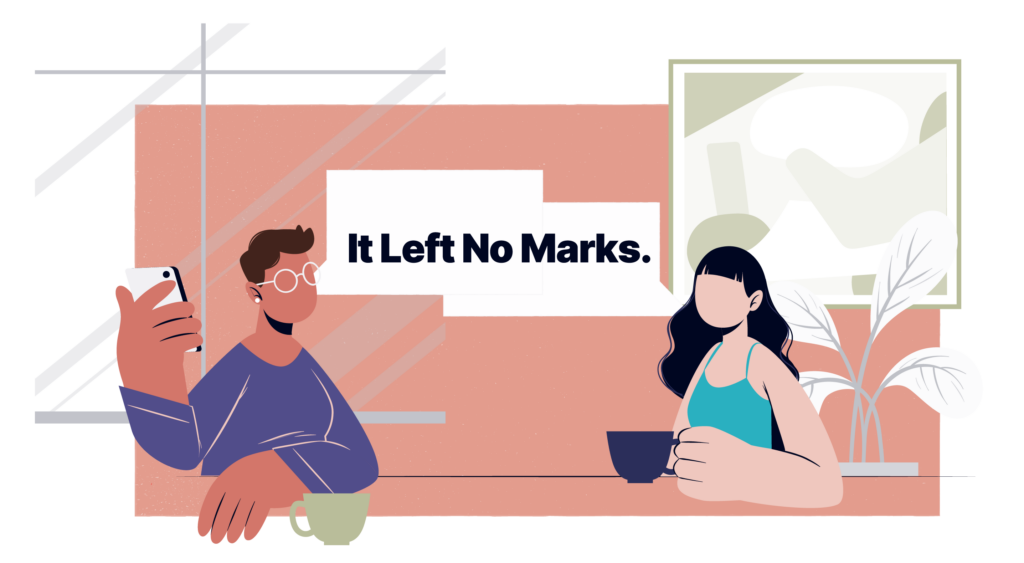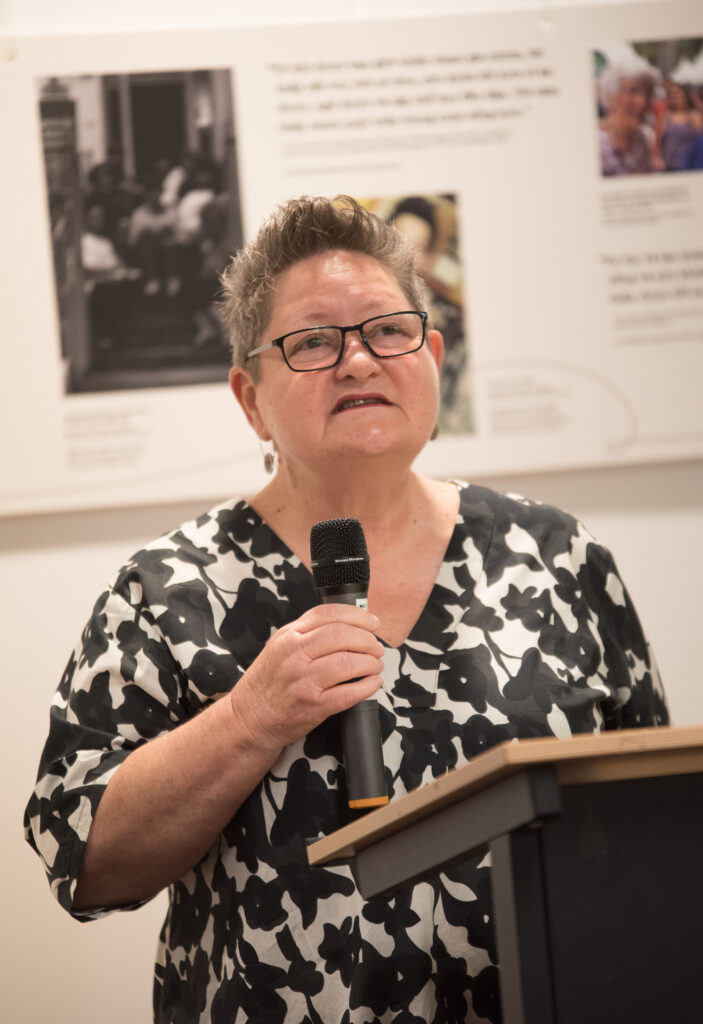Strangulation, choking, being pinned, being suffocated– whatever a person decides to call it, the act of applying pressure on or around the neck can be extremely dangerous, and it is often part of sexual violence.
The act is also a common way that perpetrators of domestic and family violence exert control over victims and survivors, making them feel afraid and that they are likely to be killed.
Some studies show that strangulation in an abusive relationship indicates that violence in the relationship is increasing, and that victims and survivors are more likely to be killed in the future.
Around half of women who’ve experienced strangulation have no external signs that it took place, according to Women’s Health NSW. And yet, the pressure applied to the neck can still interfere with their blood circulation, damaging their brain, breathing, or both.
Without any marks or bruising on the skin, many women may doubt that this experience was serious enough to require medical attention. Many might also fear they won’t be believed.
It’s for these critical reasons that Women’s Health NSW has come up with a comprehensive online resource to arm women with facts about strangulation and direct them to any professional support they might need.
Called ‘It Left No Marks’, the free, public platform speaks to both women and the professionals they encounter about strangulation issues and how the action can affect long-term health and wellbeing.

A gendered issue
CEO of Women’s Health NSW Denele Crozier AM tells Women’s Agenda that ‘It Left No Marks’ came about after the not-for-profit saw a sizable need to strengthen the current response to sexual assault-related non-fatal strangulation and acquired brain injury.
“Our twenty women’s health centres and special purpose services across the state were seeing women with experiences of strangulation who had never been connected to a health or safety response,” she says, noting that research has shown this is a very gendered issue.

It’s true that when it comes to sexual choking (also referred to as strangulation with consent), there is more experimentation across genders.
However, when strangulation is experienced as part of sexual violence, “it’s most often men who are strangling women”, says Crozier, pointing to research from Australia, the United Kingdom and the US.
One study of undergraduates from a Queensland University published earlier this year found the frequency of being strangled was significantly higher among women than men.
Another study out of the United States has looked at the effects of frequent sexual choking or strangulation to give insight into how this could affect women’s long-term health. It found that women who engaged in frequent sexual choking used different neural pathways to get the same results as other students in memory and response tests.
Crozier notes that “this indicates the brain has undergone a level of remodelling to function at its current capacity”.
And yet another study out of the United Kingdom has shown that long-term cognitive deficits were associated with three or more lifetime mild brain injuries.
“Most of what we know about brain injuries has come from studying men,” says Crozier
“We’ve gotten better at recognising the impact of repeated brain impacts in sport, or in military settings. However, we haven’t yet fully applied that knowledge to women who might experience both acquired brain injuries from strangulation or sexual choking, and traumatic brain injuries from domestic and family violence, even though women may be injured at the same or even greater frequency.”
Meeting women where they’re at
What Women’s Health NSW has found through their work with women’s health centres and other service providers is that it’s important for professionals to ask women about strangulation in a way that is relatable.
“This might mean asking if anything has occurred that has applied pressure to their neck, or made it hard to breathe,” says Crozier.
By framing it in this manner, she says that service providers can “help them to understand what’s going on in their mind and body after these potentially life-threatening events; or, in the case of sexual choking, we can support women giving informed consent that genuinely considers potential impacts on their long-term health”.
If you or someone you know is experiencing, or at risk of experiencing, domestic, family or sexual violence, call 1800RESPECT on 1800 737 732, text 0458 737 732 or visit 1800RESPECT.org.au for online chat and video call services.
If you are concerned about your behaviour or use of violence, you can contact the Men’s Referral Service on 1300 766 491 or visit http://www.ntv.org.au.


